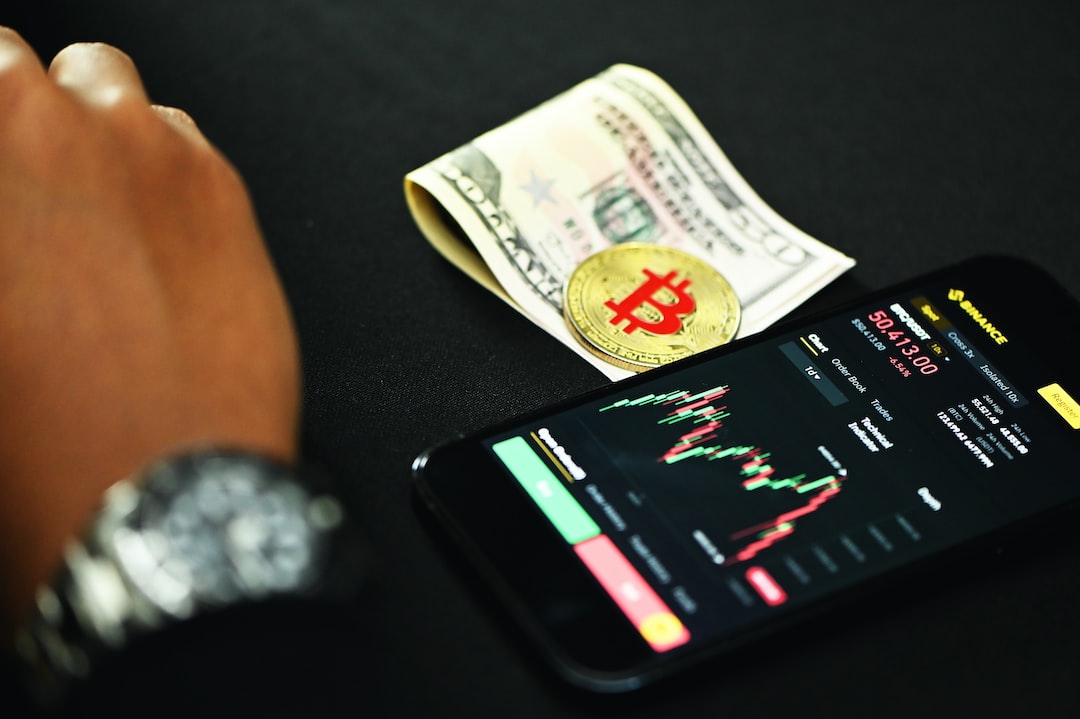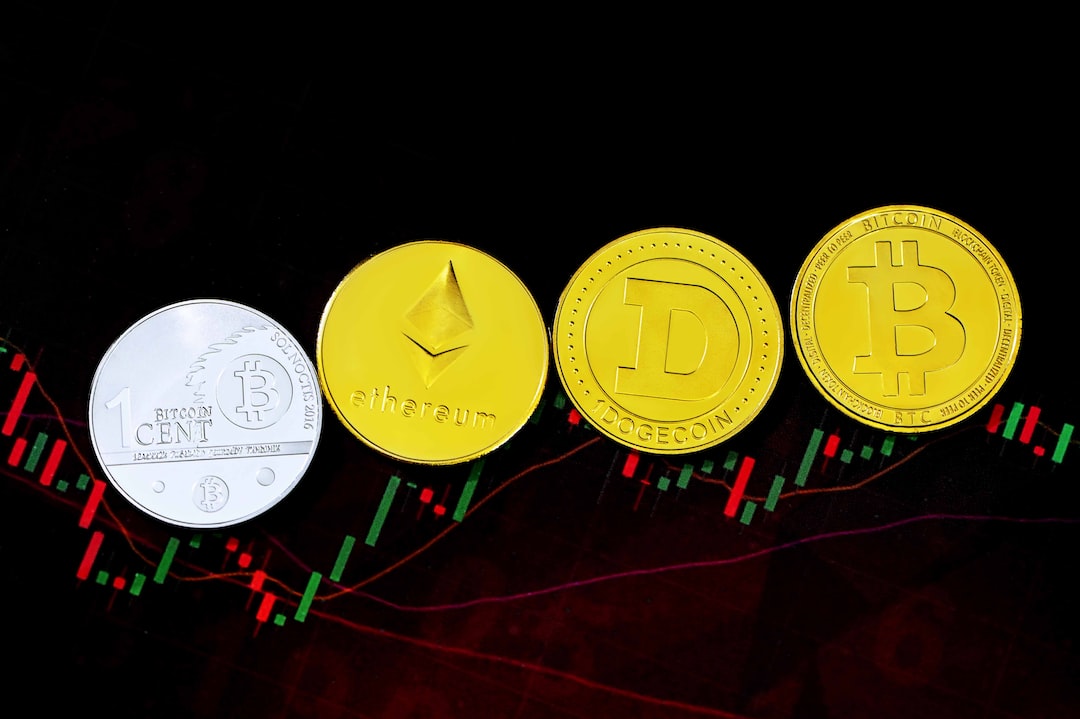The Binance Hearing Delayed
The United States Securities and Exchange Commission (SEC) filed a lawsuit against Binance on June 5, 2023, accusing the cryptocurrency exchange of illegal operations and misleading customers. The SEC also alleged that Binance violated Know-Your-Customer rules and traded unregistered securities such as Cardano (ADA), Polygon (MATIC), and Solana (SOL). The case was scheduled for a hearing on January 19, but due to a snowstorm, the courtroom was closed.
Binance, Binance.US, and its former CEO Changpeng ‘CZ’ Zhao have been seeking the dismissal of the lawsuit. They argue that the SEC failed to prove that any token or offering by Binance is a security. Additionally, they claim that the SEC’s jurisdiction does not extend overseas.
SEC’s Definition of Securities
When the Binance hearing eventually takes place, the exchange may challenge the SEC’s definition of securities, similar to Coinbase’s lawsuit against the regulator. Binance may also argue that congressional authorization is required for the SEC to take action against it. In a December filing, Binance stated that the SEC lacks statutory authority over cryptocurrency asset sales.
This Binance hearing shares similarities with Coinbase’s case, where Coinbase emphasized that regulating crypto is beyond the SEC’s jurisdiction and called for a clear regulatory framework for the industry in the United States.
Hot Take: Implications for Cryptocurrency Regulation
The delay in the Binance hearing highlights the challenges faced by regulators in defining and regulating cryptocurrencies. As more legal battles unfold between exchanges and regulatory bodies like the SEC, it becomes evident that there is a need for clear guidelines and legislation to govern the crypto industry. The outcome of these cases will shape how cryptocurrencies are treated under existing securities laws and could potentially influence future regulations. Both the crypto community and regulators must work together to establish a balanced regulatory framework that fosters innovation while protecting investors.





 By
By
 By
By
 By
By
 By
By

 By
By